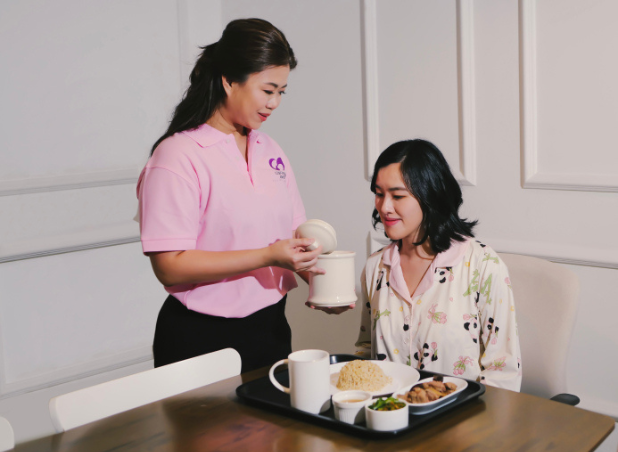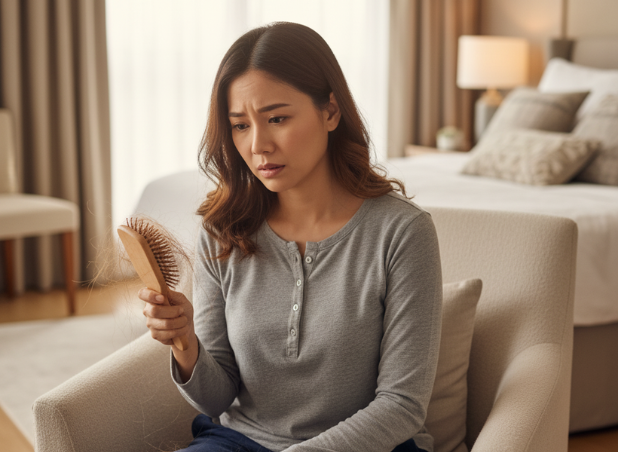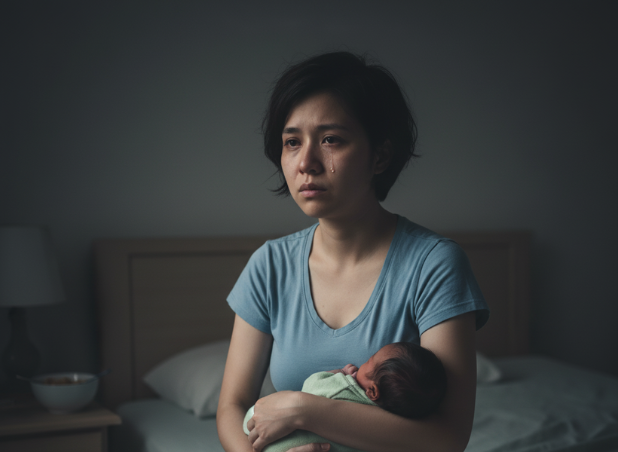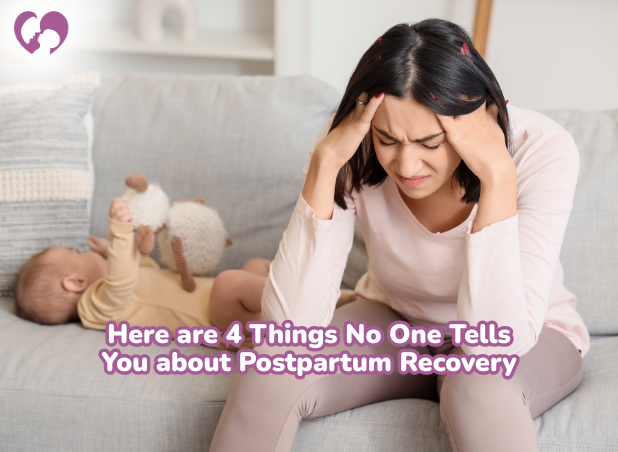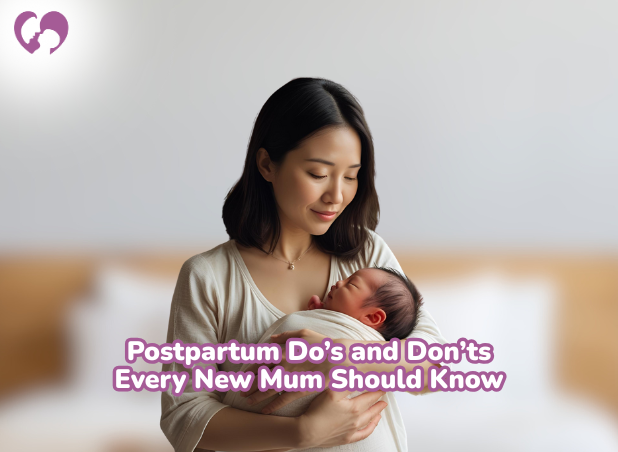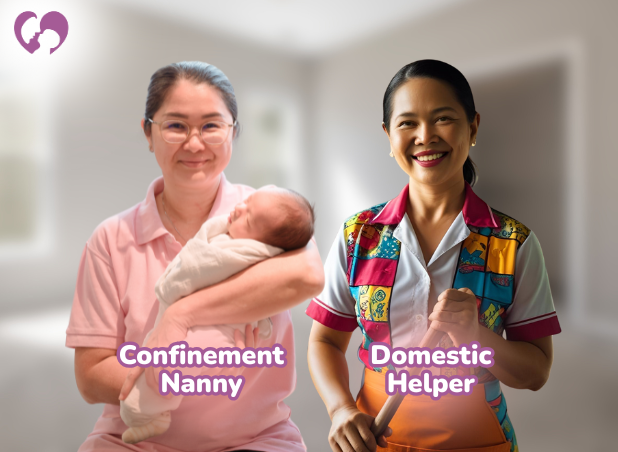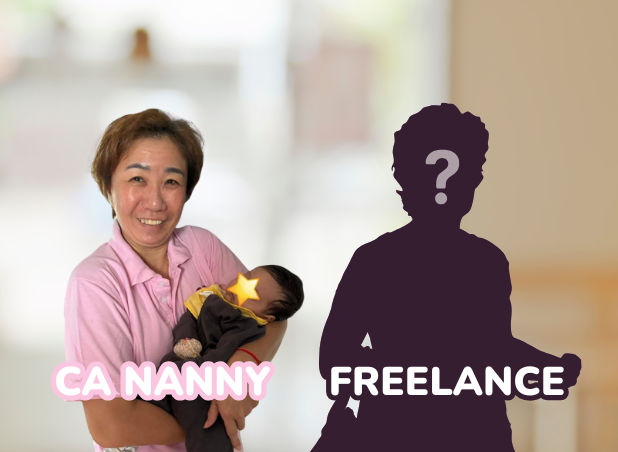For many expecting mothers in Singapore, the question naturally arises during the second trimester or third trimester of pregnancy: is confinement necessary after birth? While not every culture emphasizes postnatal practices, the concept remains deeply rooted in Asian traditions and continues to evolve with modern needs. Whether a mother chooses a traditional approach or a more flexible recovery plan, what she needs is to ensure a smooth, and healthy transition into motherhood.
What is Confinement
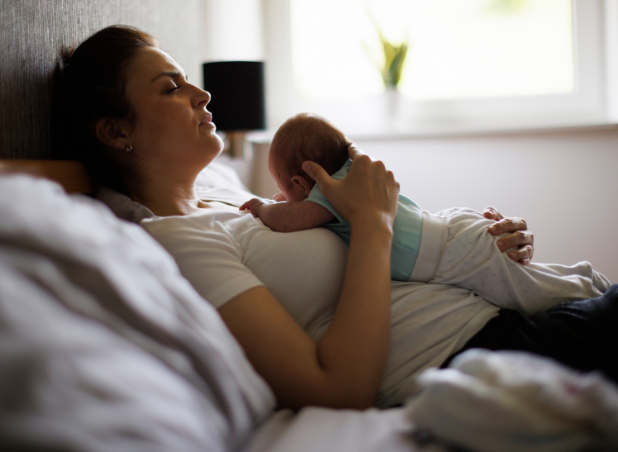
Understanding Confinement Period
Confinement is a postnatal recovery period, usually lasting 28 to 40 days, where new mothers rest, heal, and receive focused care after childbirth. In traditional Chinese, Malay, and Indian cultures, this period is guided by generational wisdom, as it can vary by culture and individuals.
During this postnatal period, most mothers emphasize strict rest, confinement food, and help from experienced caregivers like a confinement nanny.
Today, many Singaporean mums adapt these practices based on personal comfort, medical advice, and lifestyle needs, so-called modern practices.
What is Modern Confinement Practices
Modern confinement practices blend traditional postpartum care with evidence-based approaches to support new mothers. Today’s practices offer greater flexibility, personalisation, and professional guidance. This approach recognizes that every mother’s journey is unique, and customises care plans to suit individual health needs, lifestyle, and preferences.
Why is confinement necessary today
Though confinement may seem optional to some, its core principles are backed by both tradition and modern healthcare. Here’s why it continues to play a valuable role in recovery:
1. Physical Recovery
Childbirth, whether natural or via C-section—places enormous strain on a woman’s body. Confinement provides the necessary rest and specialized care for the mother’s body to heal from the physical strain of pregnancy and delivery. It is because rest is crucial for tissue repair, especially in cases of tears or cuts.
2. Postpartum Nutrition
Mothers require rich, nourishing meals to replenish blood, restore energy, and promote breastfeeding. Customized meals with ingredients such as ginger, black sesame, and red dates are well known for their restorative properties. For those who have own food preference, having a stay-in nanny is a great choice as she can prepare specific meal based on your own needs.
3. Emotional and Mental Well-Being
The postnatal phase is emotionally intense. Hormonal changes, sleep deprivation, and lifestyle shifts can lead to baby blues or postpartum depression. A structured postpartum period offers a calm, supported environment for bonding with baby while also receiving mental and emotional support. By taking over household chores and childcare responsibilities by nannies, it allows mothers to rest and recover without added stress. Besides that, having a professional helper in house, it can help mothers adjust to their new role and cope with the challenges of the postpartum period.
4. Support from Professionals
Whether provided by family or a certified confinement nanny, structured support helps mothers rest and focus on recovery. Services from trained confinement nannies in Singapore ease daily responsibilities like handling baby care, preparing herbal meals, and guiding breastfeeding practices. You may be wondering, “So what it differs from domestic helper? Why shouldn’t I just hire a maid?”
Why you need a professional support during postpartum period
A confinement nanny specializes in postnatal care and newborn care, focusing on the mother’s recovery and the baby’s well-being, while a domestic helper provides general household support, including cleaning, cooking, and laundry. In areas like confinement meals, breastfeeding support and newborn care, all these require specific training and more specialized knowledge.
Traditional vs Modern Confinement: What’s Right for You?
While some practices may feel outdated, like avoiding showers or staying indoors completely, many mothers today choose a customized and evidence-based approach. In Singapore, professional agencies like Confinement Angels offer flexible options of stay-in nannies designed to meet both cultural expectations and modern lifestyles.
Why Choose Professional Postpartum Support in Singapore?
In a busy urban setting like Singapore, family may not always be available to provide round-the-clock care. That’s where agencies like Confinement Angels step in.
What Confinement Angels offer:
- Experienced, bilingual confinement nannies with specialized knowledge and skills
- Postnatal meal prepared with balanced ingredients and breastfeeding-friendly
- Newborn care support
- Most importantly, they provide guidance on newborn care and techniques, so that you are more confident on handling newborn after they leave
With professional help, new mums can rest with peace of mind, knowing their recovery and baby are in expert hands.
Conclusion
The answer depends on individual needs—but the principles behind confinement remain universally valuable. Rest, nutrition, and support after childbirth are not luxuries—they are essential for physical recovery and emotional stability.
Whether a mother follows a full traditional routine or opts for modern postpartum care in Singapore, what matters most is having the right help at the right time. And for many new mums, that help comes from trusted partners like Confinement Angels, who make postpartum healing a supported, stress-free experience.
P.S – Known as the celebrities’ choice, Confinement Angels provides parents with complete peace of mind and maximum comfort by attending to every single aspect of the confinement experience. All of our confinement nannies undergo rigorous training based on an 108+ hour syllabus, before being subject to another round of stringent evaluation to determine if they are ready to be deployed for assignments. Because at Confinement Angels, we go above and beyond to bring you only the best.

